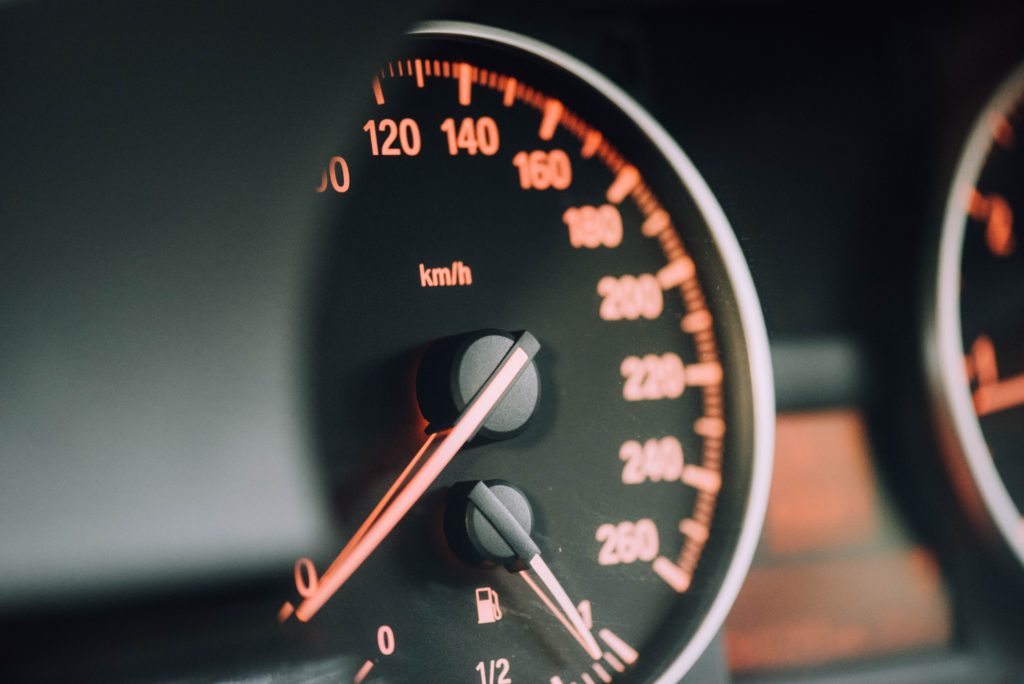If you are looking to purchase a new (or new-to-you) car, you’re likely counting on using some of the proceeds from your current vehicle to offset the price. Similarly, you’ve likely wondered about the value of trading your car in versus selling it yourself. Before you make a decision, it is important to understand the many differences between selling and trading in a vehicle. The choice can play a significant role in your down payment for your new car.
Is It Better to Sell or Trade In Your Car?
Every car is different, just as every vehicle market is different. As such, there are pros and cons to both selling and trading in your vehicle, depending on your circumstances. Here are some pros and cons of trading in and selling your vehicle.
Pros and Cons of Trading In Your Car
Trading your car in, whether to a local dealership or to an online service, is often a way for sellers to help sweeten the deal of an upgrade.
Pros of a trade-in agreement include:
- It’s easy. If you’re shopping for a new car and the dealership gives you the availability to trade in your old car, all you need to do is sign some paperwork and hand it over. They will calculate the value and help you apply it to your new vehicle.
- There are tax advantages. State sales tax is usually only applicable to the difference between the trade-in value and your new car’s price. Otherwise, you might pay taxes on the entirety of the list price of your new car.
- It’s almost immediate. Whether you’re seeking trade-in value or settling for cash to apply to a new car, the trade-in process is nearly immediate when you are working with a dealer. Most dealers who take trade-ins will help you immediately use the money received on a down payment for another vehicle.
While the above may seem appealing, it’s not always the best route. There are a few cons to settling on a trade-in agreement. Cons include:
- You won’t get as much for your vehicle. A dealership doesn’t typically give you the full practical value of a car, as they set their prices based on the Kelly Blue Book value, market degradation, and current market value. Sometimes, dealers who prioritize trade-ins will give you a discount if you trade in for another car, but you shouldn’t expect full market value as you would if you sold your car privately.
- The dealer might not take your vehicle. Not all dealerships will take cars of every type or in any condition. In fact, most will not take poor-quality cars unless they are running a “push, pull, or drag” or similar promotion. A dealership’s main goal is to resell the vehicle, so if it’s too old, has too many miles on it, or is a competitor’s brand, they may refuse the trade-in deal.
- You might need to haggle. Some dealerships will allow you negotiation leeway, but dealerships are often skilled negotiators who won’t let a deal go bad for themselves.

Pros and Cons of Selling
Selling your car is a preferred choice if you’re looking to make the most from your vehicle.
Pros of selling your car include:
- You’ll receive more money back. Depending on the vehicle you are trading in, you’re likely to get between 10 and 20% more than what a dealership will give you in trade-in value. This assessment is based on the trade-in and market values of a vehicle 4 to 5 years old with less than 50,000 miles.
- Your older vehicle is worth more. The older the vehicle, the greater the difference between a potential buyer’s valuation of the car and a dealership’s valuation. In essence, the practicality, usability, and desirability of many older models remains from a buyer’s standpoint, while the market value diminishes.
- Fewer limitations. When you are trading a vehicle in, there are many limitations that might prevent you from getting the full value out of your vehicle. Aftermarket changes, damage, age, model, and demand all limit the trade-in value of a vehicle. In some cases, a selling point might even be a detriment when it comes to trade-in value.
For some, selling a vehicle comes with its own drawbacks. Cons of selling your vehicle could include:
- It can take a while. While trade-ins can often be handled on a same-day basis, selling your vehicle privately can sometimes take more work on your part.
- You’ll need to put in the effort. If you plan to sell your car on your own, you’ll need to put in a significant amount of work to prepare your vehicle for sale and advertise it. Cleaning, maintenance, and paperwork should be collected ahead of time to ensure that you and the buyers have all the information they need.
- You might not be able to use the sale as a down payment. Depending on the timing, the length of the sale process, and how much you need a new car, you might need to buy the new one first. This means you won’t have the chance to use the sale as a down payment for your new vehicle.
How to Know If Selling or Trading is Right for Me?
Deciding if you want to sell or trade in your vehicle means weighing the hassle you are willing to go through to sell and the relative ease of trading with a dealership with the potential price differences between selling and trading. Fortunately, selling your car through a service like CarVIO makes the decision easy. With CarVIO, you can sell your car effortlessly and within minutes while capturing the financial benefits of a private sale. To discover if a CarVIO sale is for you, find answers to your questions within our FAQ section, then dial (760) 493-7781 to find a location near you.



















